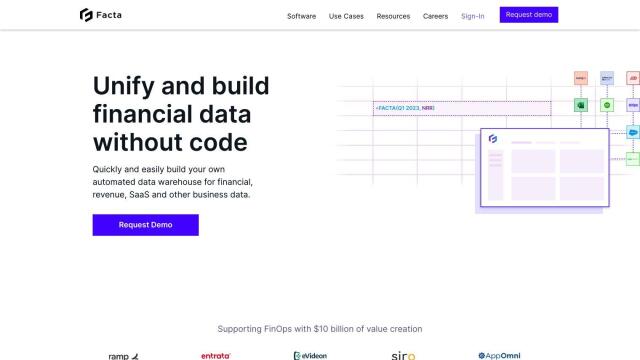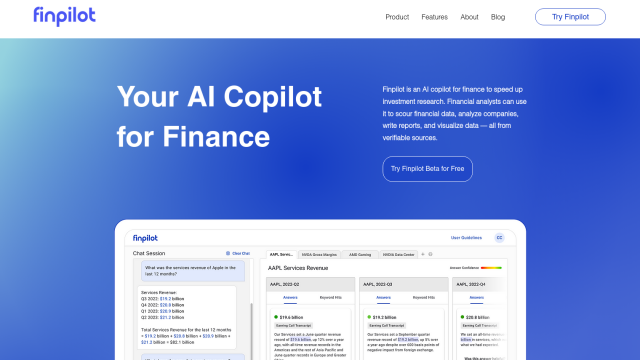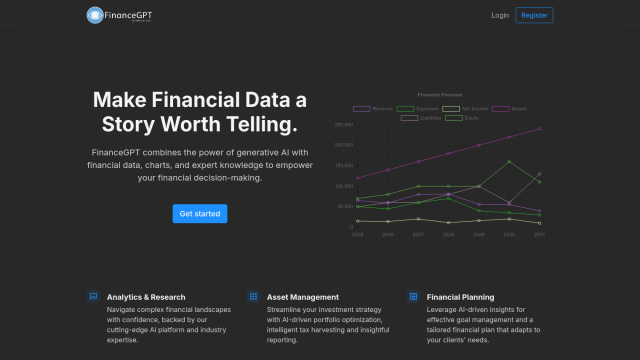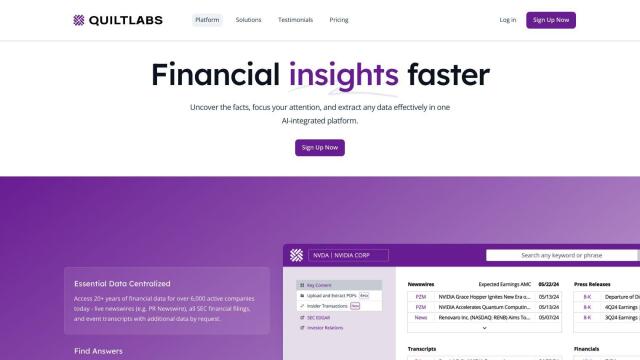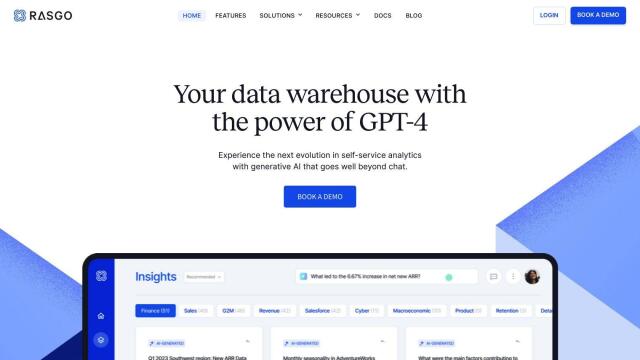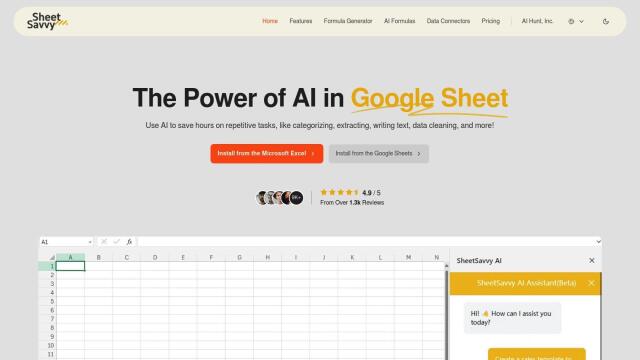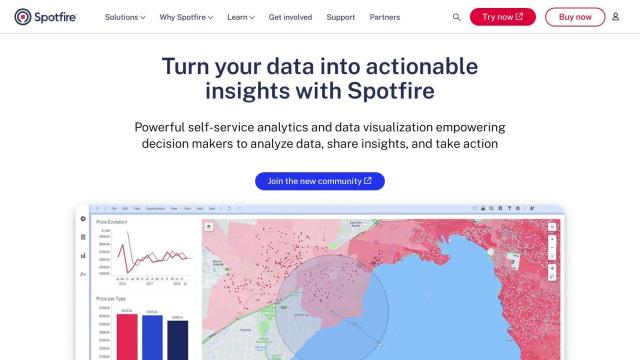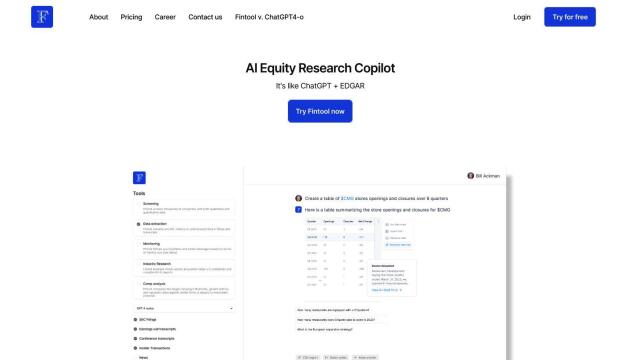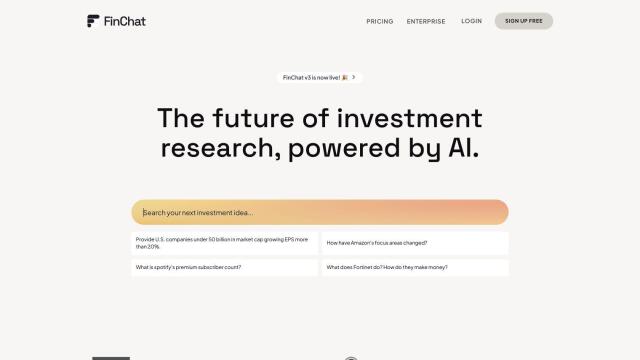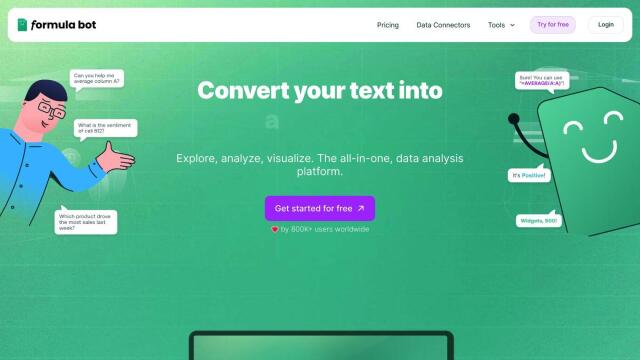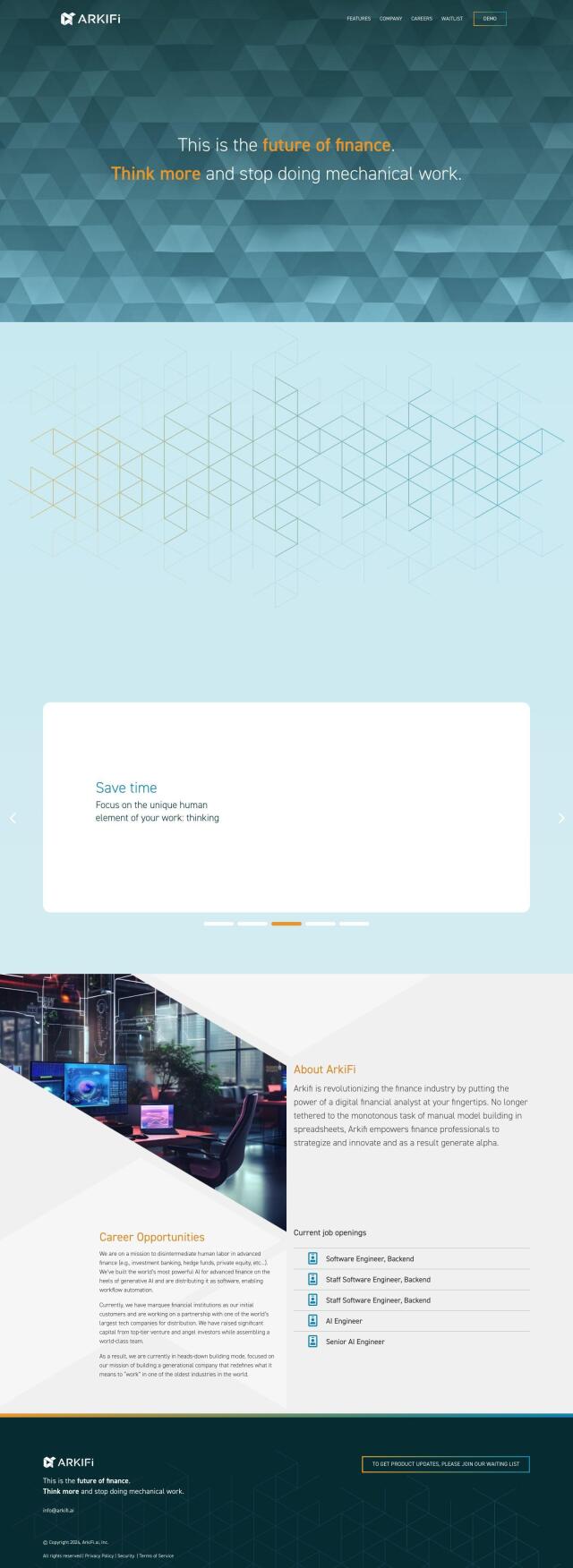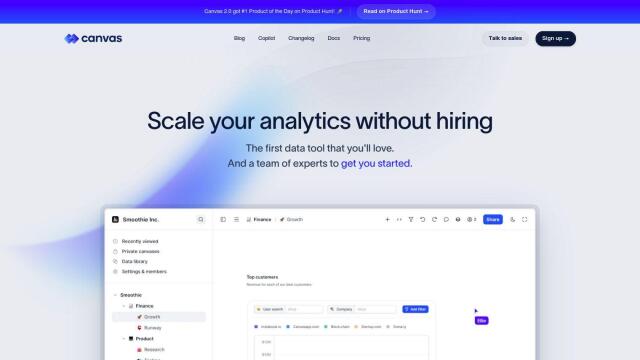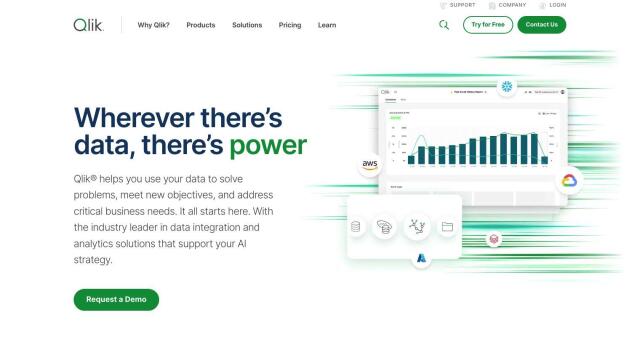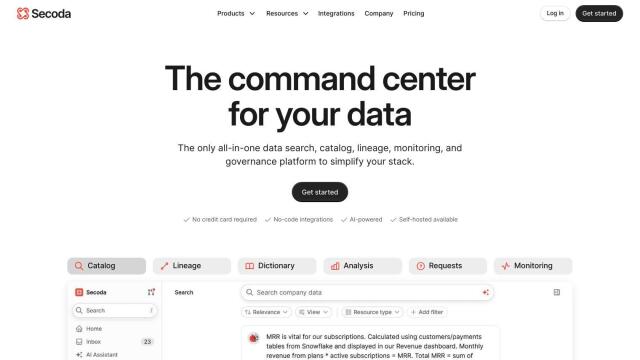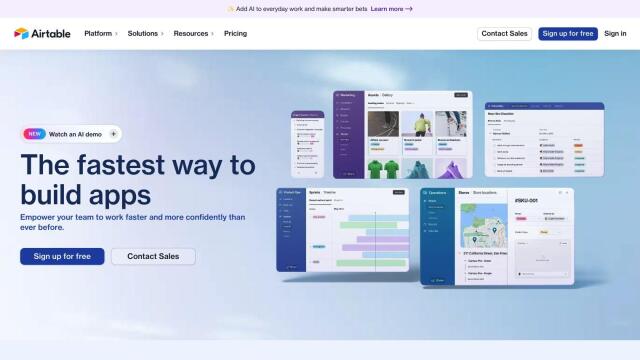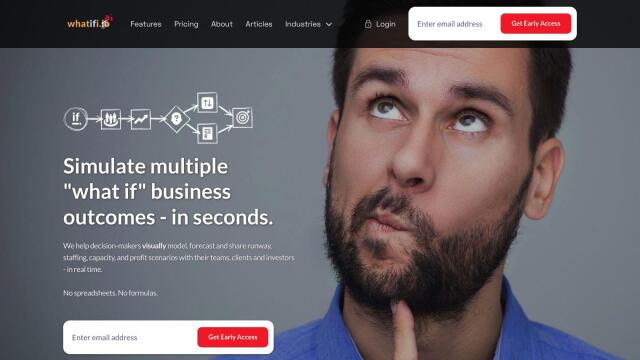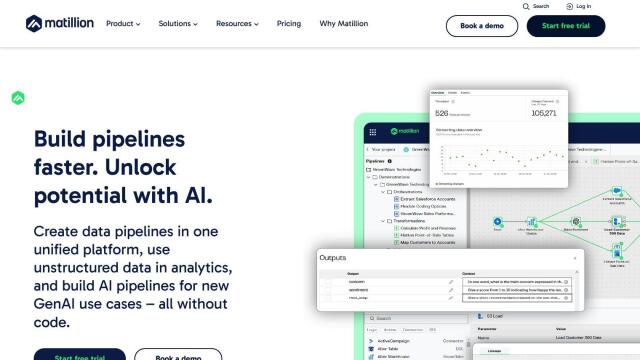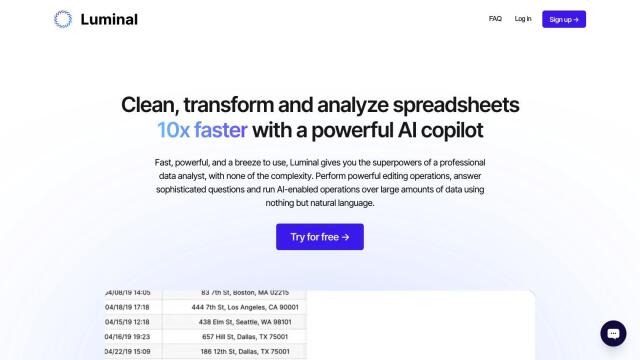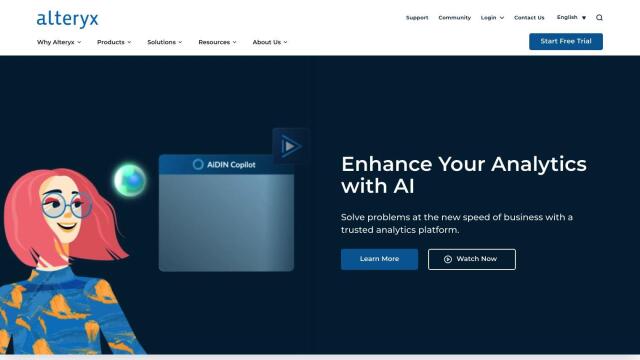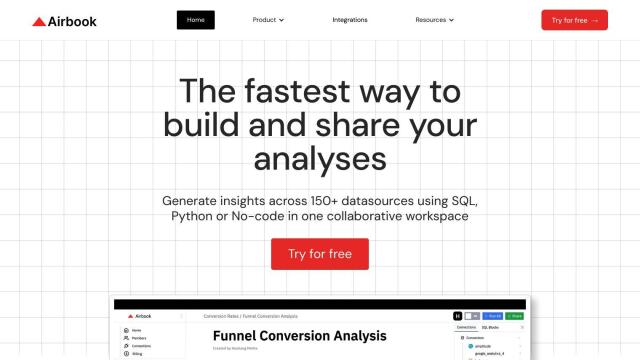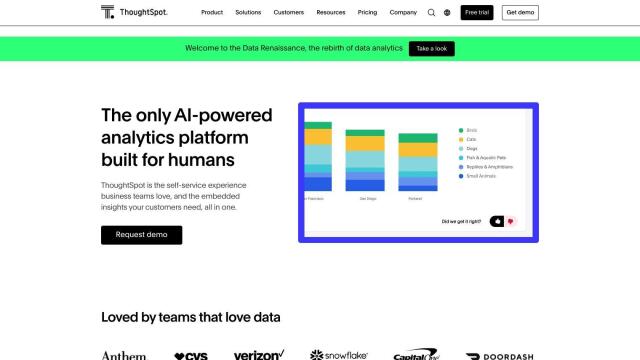
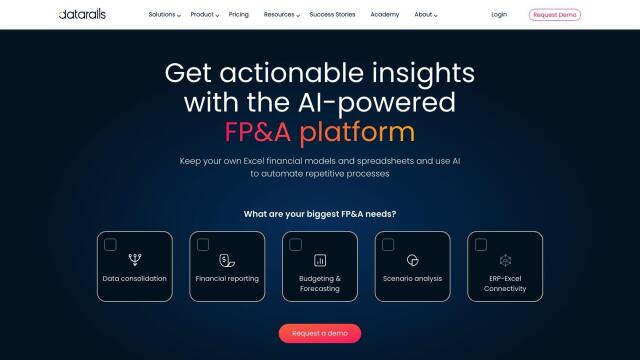
Datarails
If you're looking for a Facta alternative, Datarails is worth a look. This financial planning and analysis software automates data consolidation, financial reporting and budgeting for finance teams working in Excel. It connects to common accounting software, ERPs and CRMs, and offers data consolidation, financial reporting, budgeting and forecasting abilities, with AI-powered insights to help you work more efficiently.

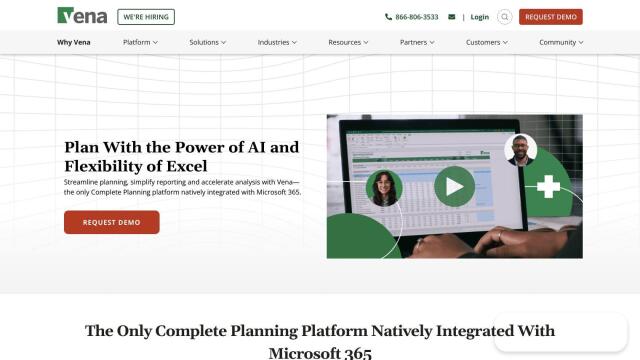
Vena
Another option is Vena, which offers a broad range of financial planning and analysis abilities. It connects to Microsoft 365 and uses AI and flexible data modeling to help with budgeting, forecasting, strategic planning and more. Vena can import your existing Excel spreadsheets and financial models into the system, which can help with forecasting and analysis while keeping your data in a protected database.

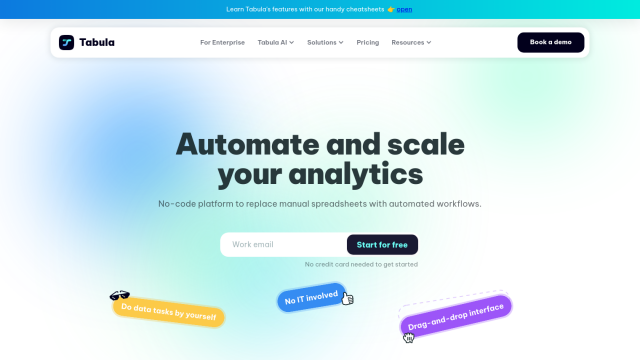
Tabula
If you prefer a no-code option, check out Tabula. This AI-powered platform combines, transforms and visualizes data, automating spreadsheets and workflows. It connects to widely used data tools and offers features like automated workflows, custom metrics and advanced filters, making it useful for a variety of business tasks, including finance.

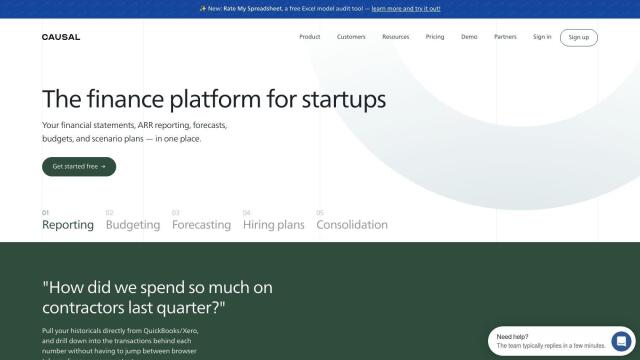
Causal
Finally, Causal offers a powerful alternative by letting you build models, connect to different data sources and share dashboards. It connects to accounting systems like QuickBooks and Xero, HRIS, CRM software and data warehouses, and offers features like human-readable formulas, connected data and scenario planning. That makes it a good choice for building financial models and sharing them with colleagues.

